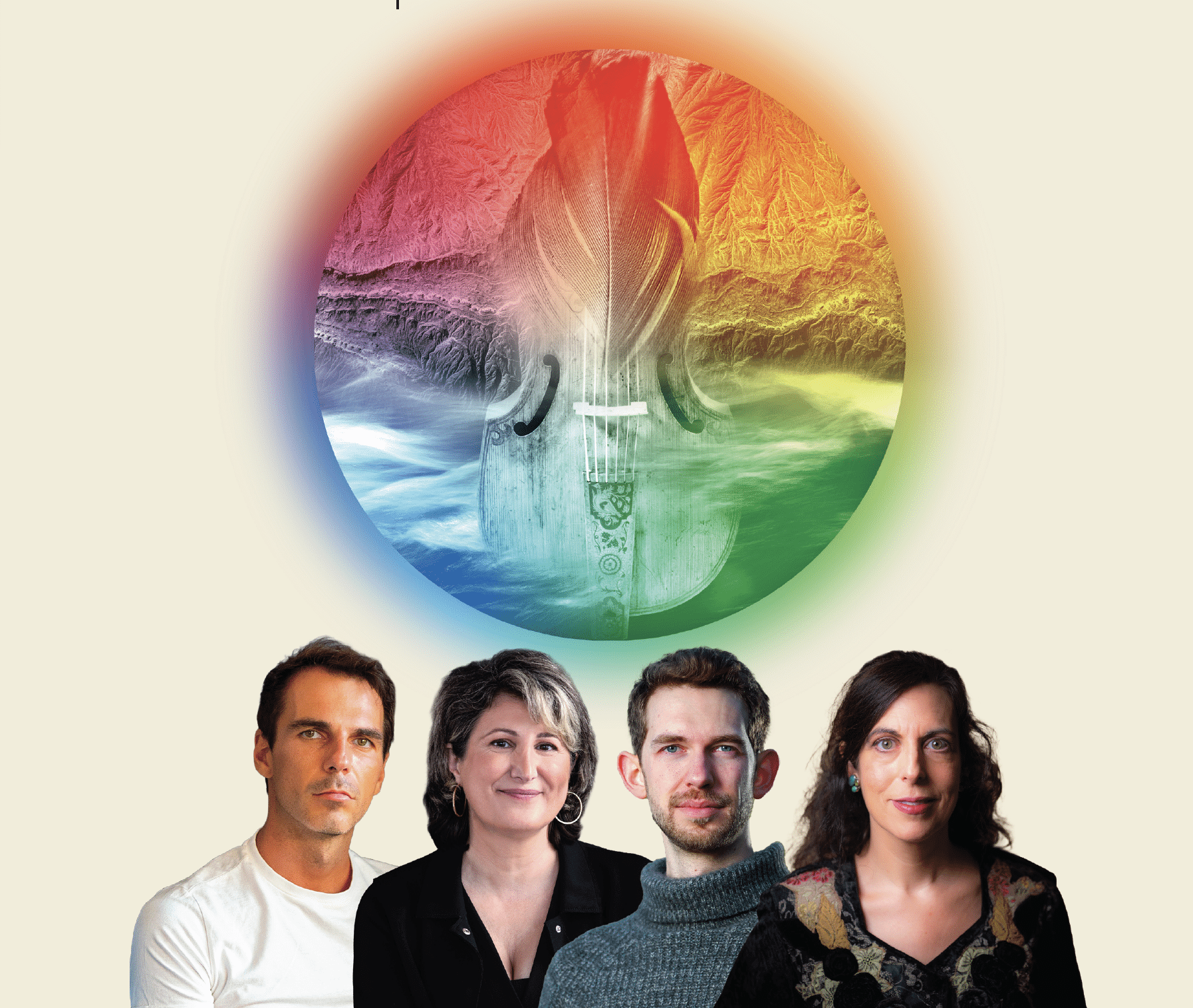Join us for the livestream announcement of the 2026 Azrieli Music Prizes Laureates
The Azrieli Music, Arts and Culture Centre (AMACC) named four outstanding composers as the 2026 Azrieli Music Prizes (AMP) Laureates. Created in 2014 by Dr. Sharon Azrieli CQ for the Azrieli Foundation, the biennial Azrieli Music Prizes celebrate excellence in music composition.
Congratulations to Hana Ajiashvili, who won the Azrieli Prize for Jewish Music; Dalit Hadass Warshaw, who received the Azrieli Commission for Jewish Music; Nicholas Denton Protsack, who was awarded the Azrieli Commission for Canadian Music; and Adrian Mocanu, who won the Azrieli Commission for International Music.











